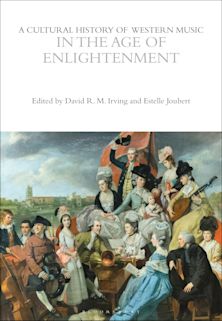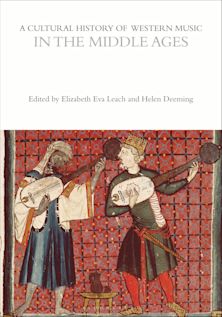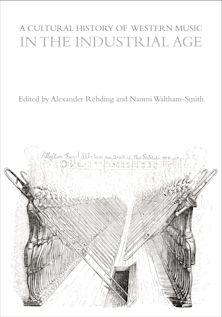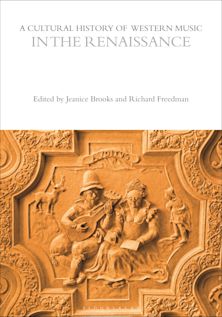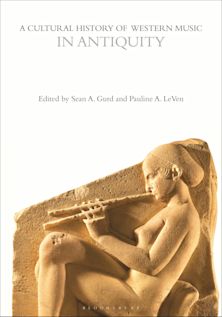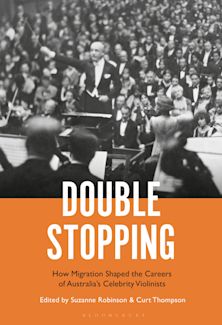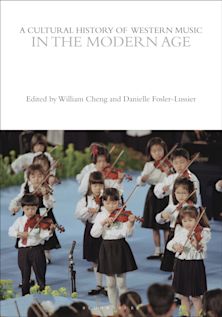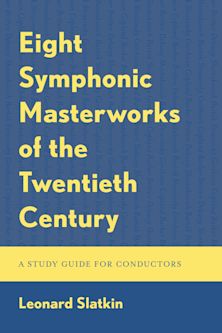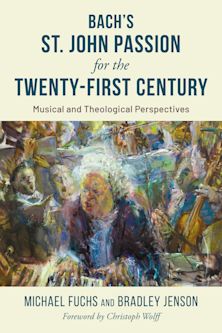Reading Franz Liszt
Revealing the Poetry behind the Piano Music
Reading Franz Liszt
Revealing the Poetry behind the Piano Music
This product is usually dispatched within 1 week
- Delivery and returns info
-
Free US delivery on orders $35 or over
Description
A look beyond the virtuosity of Romanticism’s piano superstar.
Pianist Paul Roberts recasts Franz Liszt as a composer of poetic feeling rather than just a purveyor of technical brilliance. Reading Franz Liszt: Revealing the Poetry behind the Piano Music immerses readers in Liszt’s world through a vivid exploration of his most beloved pieces and the literature that inspired them—from Petrarch’s love poetry to the sensibilities of Byron, Sénancour, Goethe, and others. The origins of artistic inspiration can be obscure. However, for Franz Liszt, literary quotations in his scores provide fascinating insights into the sources of his creative imagination, revealing a breadth of reading that inspired some of the greatest piano music of all time.
A knowledge of the writers whom Liszt revered and often quoted at length enriches an understanding and appreciation of his music. Roberts shows how Liszt in his pioneering piano works created a new concept of musical expression comparable to the emotional and dramatic power of the opera and novel. This book leads us into the essence of Liszt’s poetic world, revealing the relevance of his literary inspiration for today’s listeners as well as for performers coming to terms with its expressive demands.
Table of Contents
Acknowledgments
Introduction: Making a Sound
Chapter 1: Life, Literature, and Music
Chapter 2: The Pianist as Actor
Chapter 3: The music of desire — Petrarch Sonnets
Chapter 4: The question of Goethe’s Faust — Sonata in B minor
Chapter 5: Music as metaphor — Sonata in B minor
Chapter 6: The Romantic Image — ‘Vallée d’Obermann'
Chapter 7: The aura of Byron — Années de pèlerinage—Suisse
Chapter 8: Mental theatre — Années de pèlerinage—Suisse
Chapter 9: Music and Poetry — Dante Sonata
Appendix: Lamartine; Two Episodes from Lenau’s Faust; The Two St. Francis Legends; Thomas Wyatt’s translation of Petrarch’s sonnet “Pace non trovo”; A note on “Mazeppa" and an Afterthought
Select Bibliography
About the Author
Product details
| Published | May 15 2022 |
|---|---|
| Format | Hardback |
| Edition | 1st |
| Extent | 196 |
| ISBN | 9781538143346 |
| Imprint | Amadeus |
| Illustrations | 16 b/w illustrations;15 b/w photos |
| Dimensions | 9 x 6 inches |
| Publisher | Bloomsbury Publishing |
Reviews

ONLINE RESOURCES
Bloomsbury Collections
This book is available on Bloomsbury Collections where your library has access.












